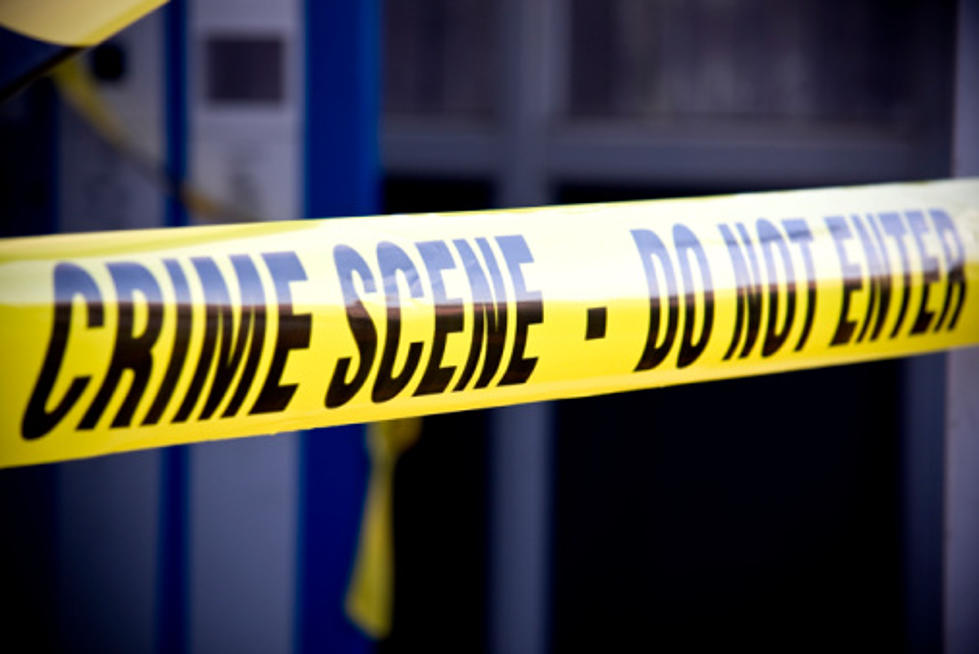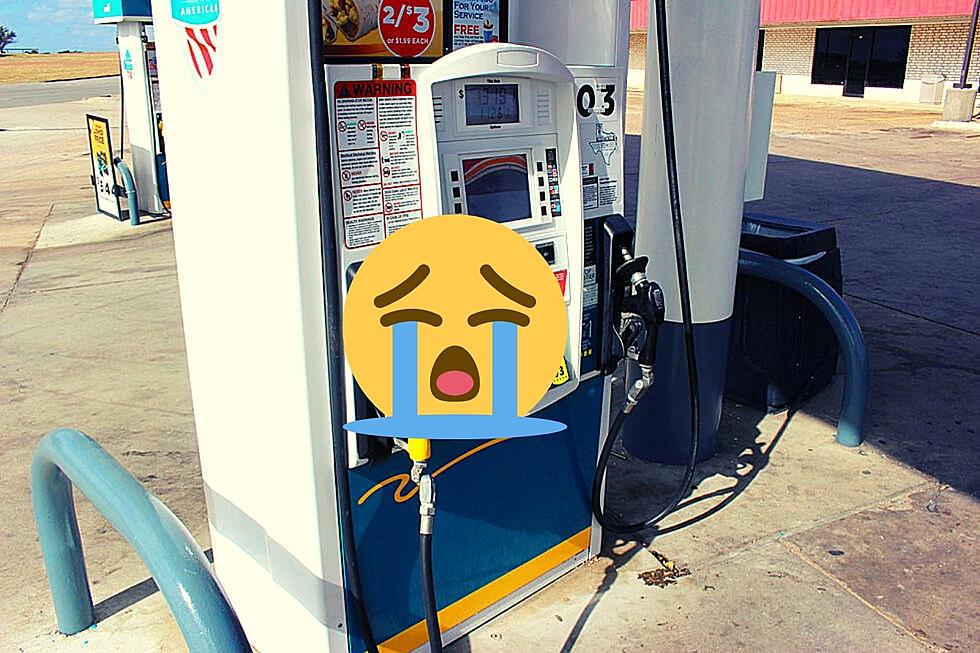
How the Killeen Luby’s Massacre Affected Texas Gun Laws and Changed Lives
In 1991, George Hennard drove his truck into a Luby's Cafeteria in Killeen, Texas, then started shooting people as they ate their lunch on National Boss' Day.
The attack took place 30 years ago and lasted less than 15 minutes from start to finish, but the tragedy is still fresh for survivors and families of the victims.
While there have been many changes since the tragic event regarding gun laws both nationwide and in Texas, unfortunately mass shootings aren't just a thing of the past.
The Numbers Have Risen
Since 1991, 846 people have died in 111 mass shootings.
Eight of those incidents happened in Texas, according to the Killeen Daily Herald, which cited the mass shooting database by Mother Jones.
Two of those mass shootings occurred at Fort Hood - one in 2009, and another in 2014.
A total of 16 people were killed in those incidents.
A Tragic Lunch at Luby's
Hennard shot 50 people, killing 22 at the scene and one who died later.
The shootout ended when a Killeen police officer managed to wound Hennard, who then committed suicide with a gunshot to his head.
Until the Virginia Tech massacre in 2007, the rampage at Luby's in Killeen was the deadliest criminal mass shooting by a single gunman in American history, and remains the 2nd worst mass shooting in Texas history.
What Triggered the Shooting
To this day, no one really knows why it happened.
Possible reasons have been given that describe the shooter's erratic behavior prior to the massacre, but no real motive was ever established.
Hennard had a history of mental issues, was hostile towards women, and had stalked two young female neighbors in Belton weeks before the killings.
However, autopsy results showed that he did not have a brain tumor and was not under the influence of any drugs at the time of his death.
How Gun Laws Were Affected
One of the victims, Suzanna Gratia Hupp, lost both parents in the shooting. She went on to run for the Texas Legislature and served from 1997 through 2006.
Hupp is a staunch advocate for gun rights, and was instrumental in giving Texans the right to carry concealed weapons.
Hupp maintains that if it hadn't been illegal at the time for her to carry a gun in a public place, she could have saved her parents.

The political divide about gun control has only gotten bigger in the last 30 years, but Republicans and Democrats do mostly agree on restricting gun access to those with mental illnesses.
According to the Pew Research Center, this policy is supported by 85% of Republicans and 90% of Democrats.
Memorials and Legacy
Luby's remodeled, reopened, and continued business in the same building, until closing in 2000 due to competition.
The building still stands and is now Yank Sing Chinese buffet.
A pink granite memorial to the victims of the shooting was placed at the Killeen Community Center.
In 2020, a new elementary school in Killeen was named after Pat Carney, a Killeen ISD educator who was one of the victims in the massacre.
Texas Crime Statistics By City
Texas 6 Most Wanted Fugitives (October 2021)
Texas' 30 Most Dangerous Counties For Driving
More From KSSM-FM









